1. The “Who Shot J.R.?” Craze
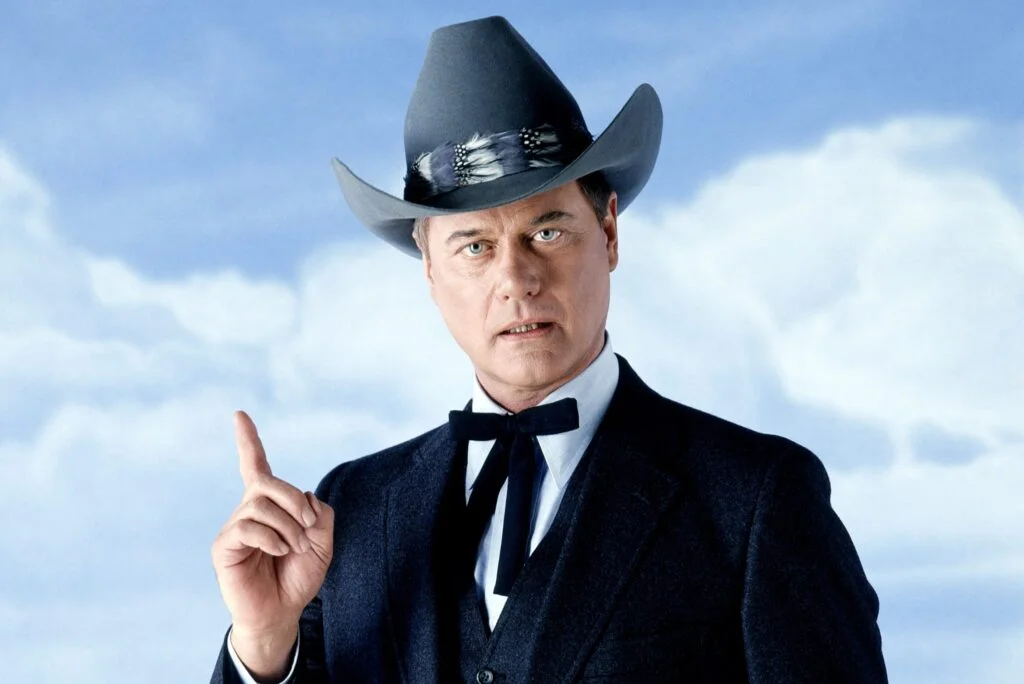
In 1979, Dallas took the world by storm with the infamous “Who Shot J.R.?” storyline. When the character of J.R. Ewing was gunned down in the season finale, it sent shockwaves through the TV-watching public. Fans were left hanging for months, eagerly awaiting the answer to one of the most gripping cliffhangers in TV history. People gathered in droves to watch the highly anticipated season opener, desperate to know who pulled the trigger.
The twist became a cultural phenomenon, sparking countless theories and conversations around the water cooler. It wasn’t just TV fans who were caught up in the suspense – even non-viewers were drawn in by the sheer magnitude of the mystery. Dallas’ ratings soared, making it one of the most-watched TV episodes ever. The “Who Shot J.R.?” question became a pop culture staple, cementing itself as one of the most memorable moments of the ‘70s.
2. The Release of Star Wars
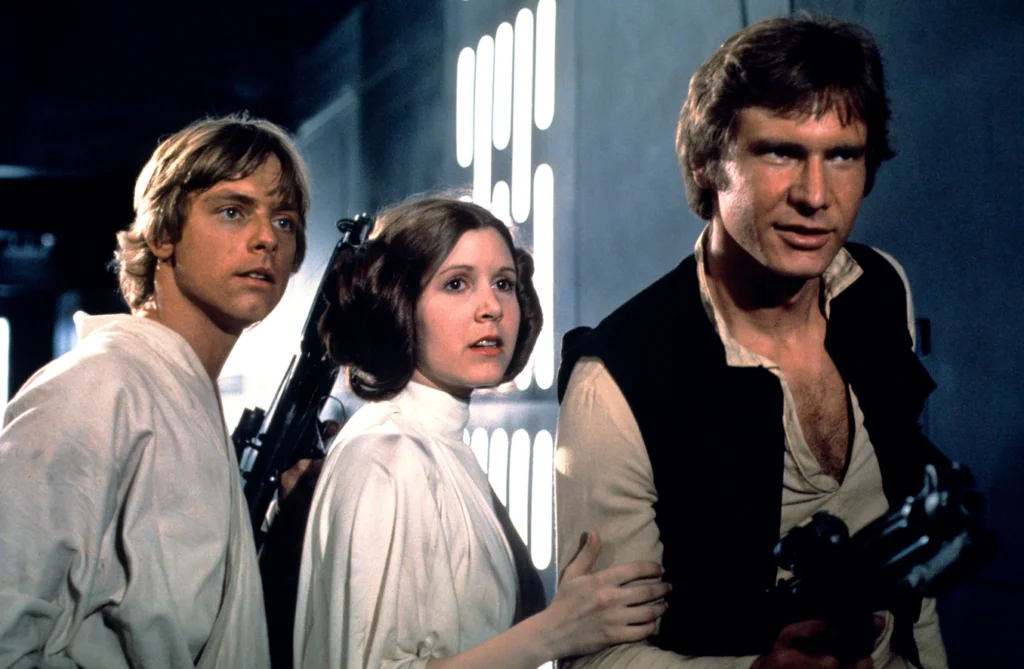
In 1977, Star Wars hit theaters and changed the landscape of film forever. The space opera captivated audiences with its groundbreaking special effects, epic storytelling, and unforgettable characters like Luke Skywalker, Princess Leia, and Darth Vader. George Lucas’s creation not only launched an entire franchise but also gave birth to a fan culture that would thrive for decades to come.
The impact was immediate, with Star Wars becoming a cultural touchstone for the era. Lines around the block and sold-out screenings became common as fans flocked to see the movie again and again. The film’s success proved that science fiction could be commercially viable, and it paved the way for a new era of blockbuster filmmaking. Star Wars wasn’t just a movie – it was a global phenomenon that still influences pop culture today.
3. The Rise of the Sex Pistols
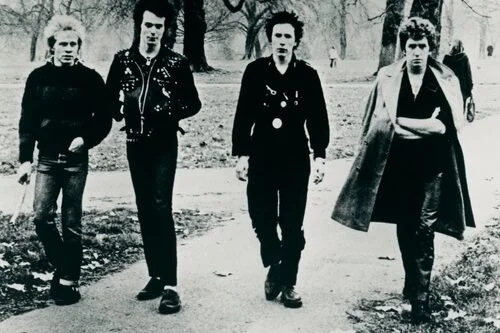
The late ‘70s saw the birth of punk rock, and at the forefront of this rebellious movement was the Sex Pistols. The British band, known for their aggressive music and anti-establishment attitude, became an overnight sensation in 1976. Their debut album, Never Mind the Bollocks, Here’s the Sex Pistols, became a rallying cry for a generation tired of the status quo.
The Sex Pistols didn’t just play music – they embodied a cultural shift, challenging societal norms with their raw sound and provocative lyrics. Their antics, like the infamous interview with Bill Grundy on British TV, only added to their mystique. By the time they disbanded in 1978, the band had left an indelible mark on both music and fashion. They helped redefine what it meant to be an artist in the ‘70s, and their influence is still felt in rock music today.
4. The Watergate Scandal Unravels
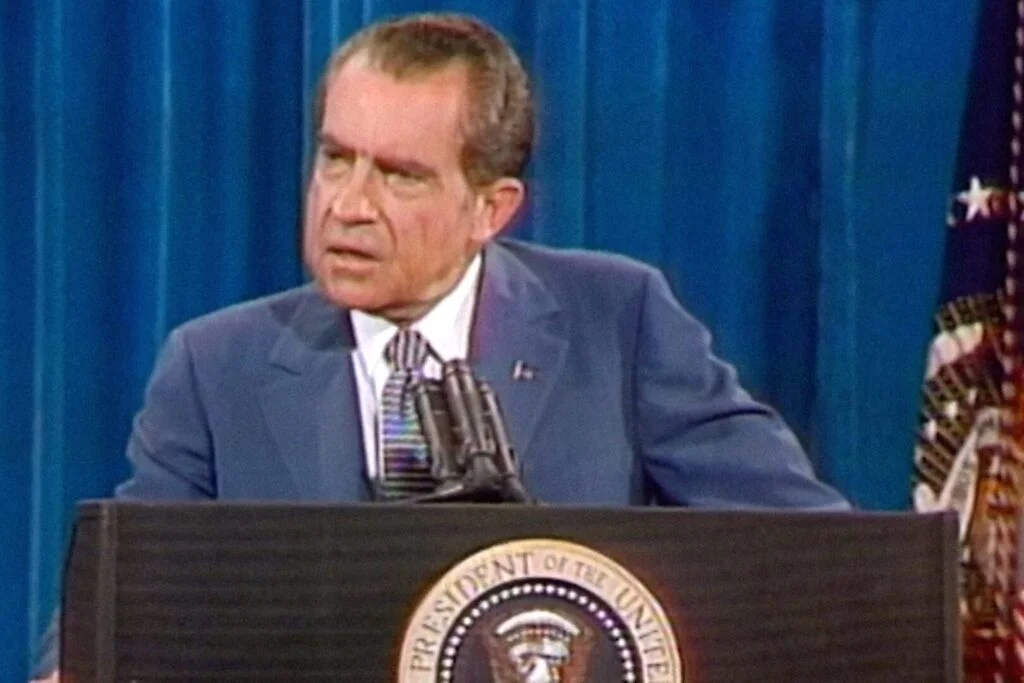
The Watergate scandal, which rocked the nation in the early ‘70s, remains one of the most shocking political events in American history. In 1972, five men broke into the Democratic National Committee headquarters at the Watergate complex in Washington, D.C., setting off a chain of events that would lead to President Richard Nixon’s resignation in 1974. As investigations revealed a web of corruption, lies, and cover-ups, the scandal captured the public’s attention like never before.
Watergate wasn’t just a political scandal – it was a national moment of reckoning. The hearings, televised for millions to watch, held the American government accountable in a way that had never been seen before. The phrase “I am not a crook” became infamous, forever linking Nixon to one of the most dramatic political downfalls in history. The scandal changed the way Americans viewed politics, trust, and power.
5. The Saturday Night Fever Dance Phenomenon

In 1977, Saturday Night Fever brought disco to the forefront of pop culture. The movie, starring John Travolta as Tony Manero, not only introduced the world to the iconic white suit but also set off a national dance craze. With its infectious soundtrack by the Bee Gees and dazzling disco clubs, the film became a cultural touchstone that defined the late ‘70s.
The movie’s impact went far beyond the silver screen. Suddenly, everyone wanted to hit the dance floor in a flashy outfit, and disco balls became a staple of nightlife. Saturday Night Fever didn’t just fuel the disco movement – it helped shape fashion, music, and even social dynamics. Its influence on the ‘70s is undeniable, and it continues to be a symbol of the era’s carefree spirit.
6. The Fall of the Berlin Wall Begins with Protests
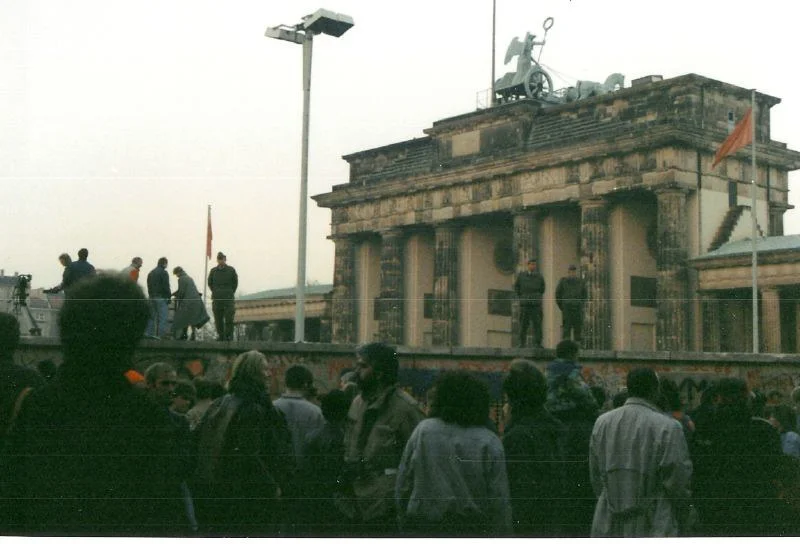
In 1977, the seeds of the Berlin Wall’s eventual collapse were planted during a series of protests in East Germany. These demonstrations, fueled by discontent with the Communist regime, set off a ripple effect that would lead to the wall’s downfall in 1989. While the events of the ‘70s weren’t as dramatic as the fall itself, they marked a pivotal shift in Cold War tensions and the fight for freedom in Eastern Europe.
The protests in East Germany were a direct challenge to Soviet authority, as citizens demanded more personal freedoms and rights. While the wall didn’t come down just yet, these early uprisings were the beginning of a larger movement that would sweep across Eastern Europe in the following decade. The energy of those protests echoed throughout the world, inspiring others to stand up against oppressive regimes.
7. The Launch of MTV in 1979
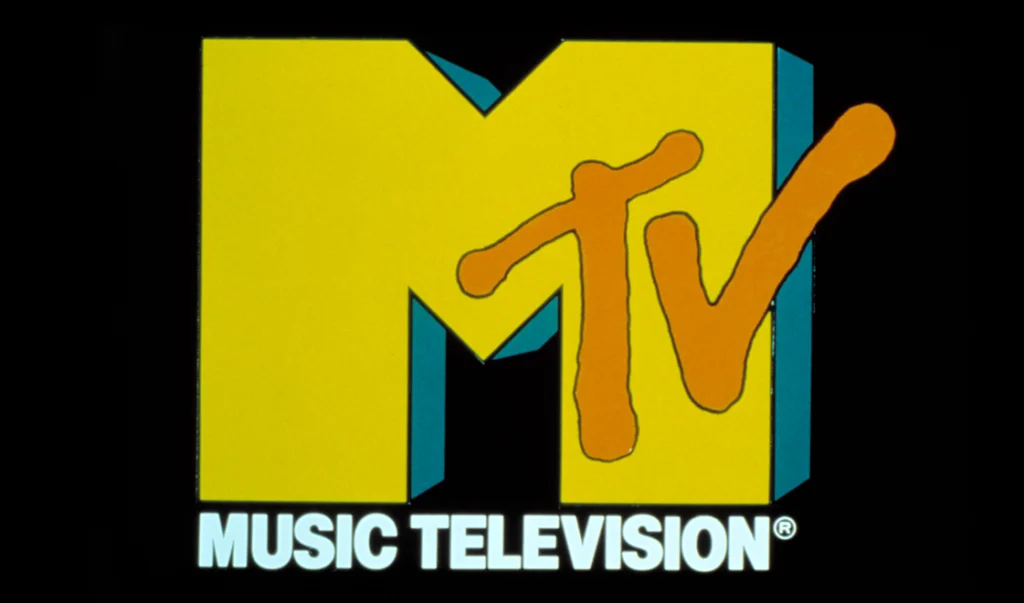
When MTV launched in 1979, it revolutionized the way we consumed music. The first music video to air, “Video Killed the Radio Star” by The Buggles, perfectly encapsulated the era’s shift towards visual culture. For the first time, music videos were just as important as the songs themselves, with artists now expected to create eye-catching visuals to accompany their hits.
MTV didn’t just change how we listened to music – it altered the entire music industry. Artists like Michael Jackson, Madonna, and Duran Duran became superstars thanks to their iconic videos, and music videos became an art form in their own right. MTV also brought new genres like hip hop and New Wave to the mainstream, giving birth to the music video era. It was a cultural shift that changed how we interacted with music forever.


